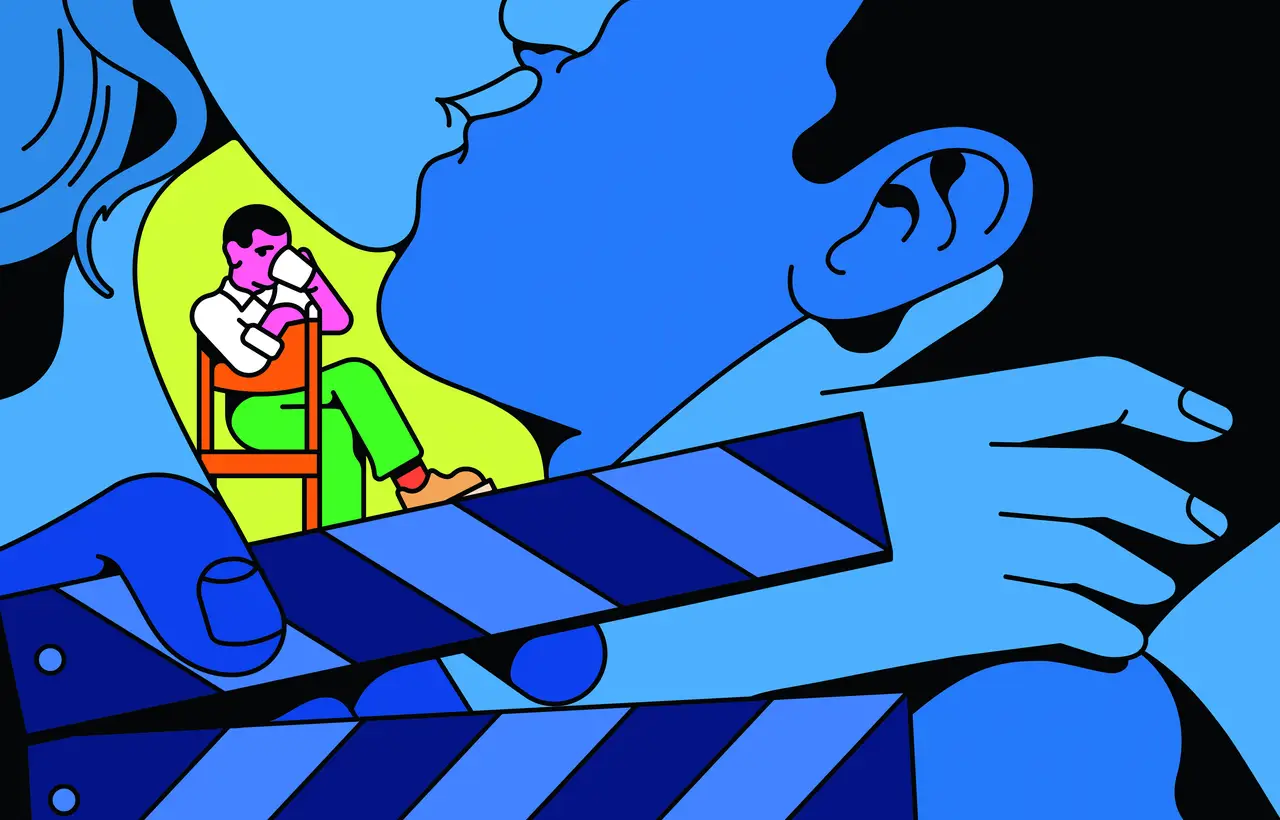The Life of an Extra: An Insider’s Perspective
In recent months, the world of extras in the film industry has garnered attention for its unique blend of monotony and flickering moments of excitement. As a journalist exploring this unconventional realm, my experience as an extra during a G7 summit scene at Blenheim Palace brought me face-to-face with the peculiarities of being a non-speaking performer on set.
Further reading: Paul Rudd and Jenna Ortega Get Attacked by a Scary Unicorn in a Mystical Forest
A Call for Extras
Amid the quiet of an employment hiatus, I reached out to a friend in the film industry, seeking a role as an extra. Initially, I envisioned weaving a narrative about the life of an extra, but the reality was far simpler: I needed the funds. Soon, I found myself cast alongside 199 other extras to fill the forecourt of Blenheim Palace, a stunning backdrop for scenes depicting high-stakes political discussions.
The palace, adorned with banners announcing the summit, became our stage where we would stand, offering a sense of occasion to the proceedings. Spectacular cars transported diplomats through the imposing gates, and we dutifully performed our roles, embodying the atmosphere of the event.
The Experience of Being an Extra
Over the course of two weeks, I discovered that the life of an extra is not merely about standing around. Each day began with the pre-dawn journey to the set, requiring a hire car and an early start. The drive through empty streets created a surreal prelude to the oddity of the day ahead. The atmosphere was both exhilarating and draining, blurring the lines between wakefulness and sleep.
The extras around me displayed a mixture of enthusiasm and resignation. On one particularly action-packed day, a scene involving a simulated car bomb required us to scream and scramble for safety. However, the task proved challenging even for those of us accustomed to performing under pressure, such as journalists and actors. The director’s instruction for more “life” in our performance highlighted the paradox of our role; to merely exist in the background yet be convincingly engaged.
The Dynamics on Set
Throughout the shoot, the interactions between crew and extras revealed a peculiar dynamic. The crew often praised our presence, affirming the importance of our roles while simultaneously nudging us towards more animated portrayals. Yet, many extras felt a sense of futility in their contributions, aware that they were often viewed as mere bodies filling space, soon to be replaced by advances in technology.
Conversations with fellow extras unveiled a collective understanding of our plight. Many had aspirations of acting, while others simply sought a way to earn a living for the day. As I mingled with these individuals, I began to confront the essence of existence—what it truly means to be present yet invisible.
The Struggle of Being
The challenge of embodying a character without a narrative became increasingly apparent. While actors immerse themselves in their roles, extras must navigate the delicate balance of being authentic while remaining inconspicuous. This dichotomy led me to self-reflect during the mundane stretches of waiting, prompting questions about my own identity and purpose.
The camaraderie among the extras often masked a deeper struggle. One day, an exhausted fellow performer voiced a poignant complaint about missed lunch provisions, revealing that beneath the surface levity lay frustration and weariness. His declaration that it was the worst day of his life resonated, suggesting that for many, being an extra was not simply a job but an existential challenge.
The Essence of Existence
As I continued to observe and participate in the routine of being an extra, I recognised the unique perspective it offered on the human condition. The act of standing still in a bustling environment forced me to confront my own understanding of presence and purpose. The extras’ lives often intersected with moments of profound reflection, revealing the complexities of existence in a world driven by action and achievement.
In those fleeting moments of clarity, I realised that being an extra is more than just filling a background role; it is a meditation on existence itself. Each individual, a mere dot in the grand tapestry of film, represents the quiet struggle of humanity to find meaning and connection in a society that often prioritises performance over presence.
As my time as an extra came to a close, I carried with me not just memories of long hours and early mornings but an enriched understanding of what it means to simply be. In a world that often overlooks the significance of those in the background, I emerged with a fresh appreciation for the art of existence itself.

